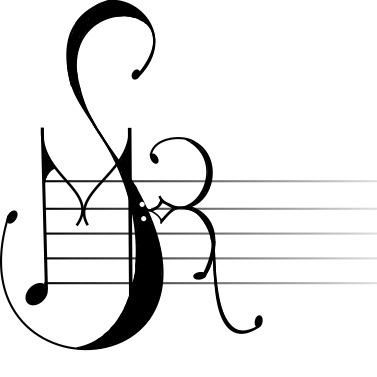
On June 4, SMR member Julian Grey successfully defended their dissertation, “Non-Binary Drag: A Trans* Musicology of Sensation and Interperformativity,” before their committee, colleagues, and friends gathered via Zoom. Congratulations, Julian! Please see below for an abstract of Julian’s dissertation.
Non-Binary Drag: A Trans* Musicology of Sensation and Interperformativity
Abstract
In the world of drag performance, the influence of RuPaul’s Drag Race cannot be overstated. Yet, while garnering increased public acclaim for drag, the show has inadvertently narrowed the public’s perception of the art form, steering it towards a homogenous aesthetic primarily embodied by cisgender, gay men. Such impact risks overshadowing the vibrant diversity inherent in drag artistry; particularly, the contributions of trans* and non-binary performers. My dissertation seeks to re-frame our understanding of drag by forefronting trans* and non-binary artists who, by their very existence, defy the binary concepts of gender that have traditionally constrained the profession. My research showcases how non-binary royalty employ sound not just as means of entertainment, but also as a powerful tool to question and redefine gender performance. Using the concept of gender euphoria as a guiding principle, I delve into the transformative experiences of these performers and their audiences, exploring how they participate in self-actualization and queer worldmaking.
This project presents seven years of multi-sited fieldwork where I engaged with drag communities as a scholar, performer, and photographer across the midwestern United States and the live-streaming platform Twitch. Through a realm of sound and silence, I investigate in-person drag shows, digital performances, and archives by joining theories of affect, intersubjectivity, queer time, and historiography, wherein I situate drag as a multisensorial performance imbued with queer histories and aesthetics. I scrutinize the affective resonance of “loudness” in live performances to consider how non-binary performers consciously manipulate volume to craft their gender identities. I also venture into the realm of visual archives to interpret the hidden sounds of gender euphoria from historical photographs. In addressing the burgeoning world of digital drag, I observe how non-binary performers adapt and innovate drag’s musical elements within virtual spaces.
Accompanying my written work is my digital drag short film Living Loud, which showcases the journey of a gender non-conforming individual. This film, along with my ethnographic analysis, illustrates that gender euphoria interperformatively materializes through sound’s somatic and aesthetic dimensions. In centering gender euphoria and trans* performers, I propose a non-binary paradigm through which to suggest new models for musicological and gender analysis.
Recent Posts
SMR to Host Midwest Graduate Music Consortium 2025 Conference – January 13, 2025
SMR Welcome BBQ at County Farm Park – October 01, 2024
Julian Grey defends dissertation – June 05, 2024
Michaela Franzen defends dissertation – May 21, 2024
Kai West defends dissertation – May 16, 2024
Micah Mooney and Carlos Pérez Tabares present at Music Theory Midwest – May 12, 2024
SMR end-of-year round-up at County Farm Park – April 25, 2024
SMR hosts Research Showcase – September 29, 2023
 Society for Music Research
Society for Music Research